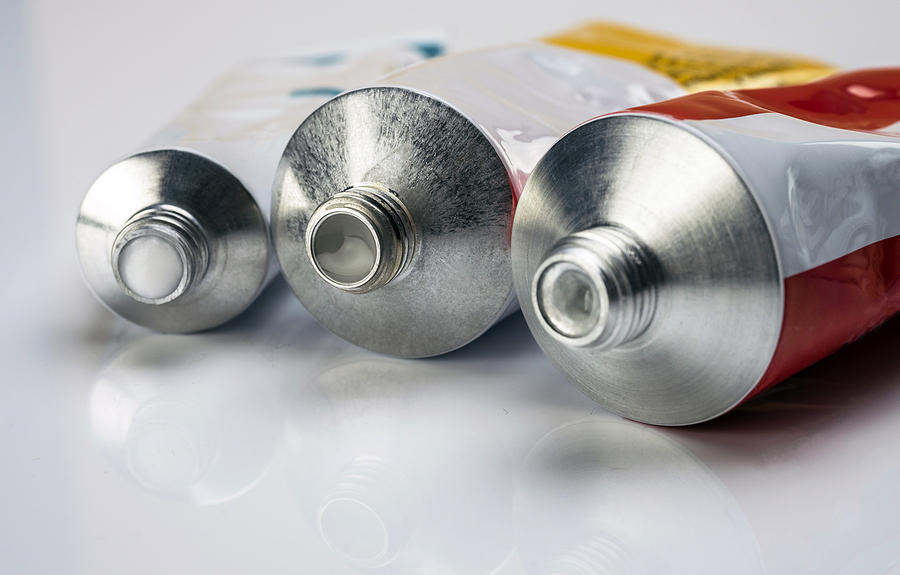Nifedipine is one of many drugs that is approved for treating a heart condition but has other potential uses. In an oral form, this drug helps treat severe chest pain or high blood pressure. However when made in the form of an ointment, it can help heal anal fissures. While these may seem like very different uses for one drug, the usefulness of nifedipine for treating fissures is related to blood flow. In some cases, patients may not realize there are effective treatments available that can provide significant relief from their pain and discomfort. A compounded nifedipine ointment has been shown in research to effectively treat anal fissures with few side effects.
What is an Anal Fissure?
An anal fissure is a tear near in the tissue of the anus. This tear can lead to severe pain and bleeding, during bowel movements and after. They are typically caused by passing a large or hard stool and/or straining during a bowel movement. Constipation and gastrointestinal diseases are factors that may lead to these causes of anal fissures. Anal fissures can be prevented by not straining during bowel movements and reducing constipation with a diet high in fiber. Small fissures will often heal on their own, however larger fissures or those that become chronic can be helped with a topical medication.
Nifedipine
Nifedipine was first developed in the early 1970s by Bayer for treating hypertension. It is a calcium channel blocker taken by mouth for several conditions. Calcium channel blocker may be effective for treating anal fissures due to their action on vascular smooth muscle. These drugs reduce contraction of the arteries and increase their diameter. This process of vasodilation improves blood flow to the treatment area when the drug is applied topically. The relaxation of smooth muscle of the internal anal sphincter that occurs after nifedipine application helps the anal fissure heal. In addition, nifedipine may increase blood flow to the treatment area to improve healing time.
How is Nifedipine Ointment Used?
Although nifedipine is available in oral form, the topical form is preferred for treating anal fissures. The first step is always to wash your hands before application. Typically a small, pea-sized amount is applied to the affected area with each treatment. Application should be done using either a glove or other covering for the finger. When applying, the patient should be in a comfortable position lying down on their side with one leg in the air. The ointment can be applied all around the anus and just inside the rectum. Usually instructions are to use 1-2 times per day or after bowel movements.
After application, the patient may experience some dizziness, headache, facial flushing, or nausea. Side effects typically will be mild but should be reported to the patient’s doctor.
Compounded Treatment Options
Nifedipine ointment is a compounded medication that must be made by a pharmacy that is set up for compounding. Not every pharmacy can make this formulation. A compounding pharmacy can use bulk drug ingredients to make customized topical products with a prescription. This includes nifedipine in ointment form in dosages that have been proven in studies to treat anal fissures. Currently our pharmacy compounds 0.2% and 0.3% nifedipine ointment.
Articles
Treatment of Anal Fissure with Nifedipine/Lidocaine Ointment – The American Journal of Gastroenterology

